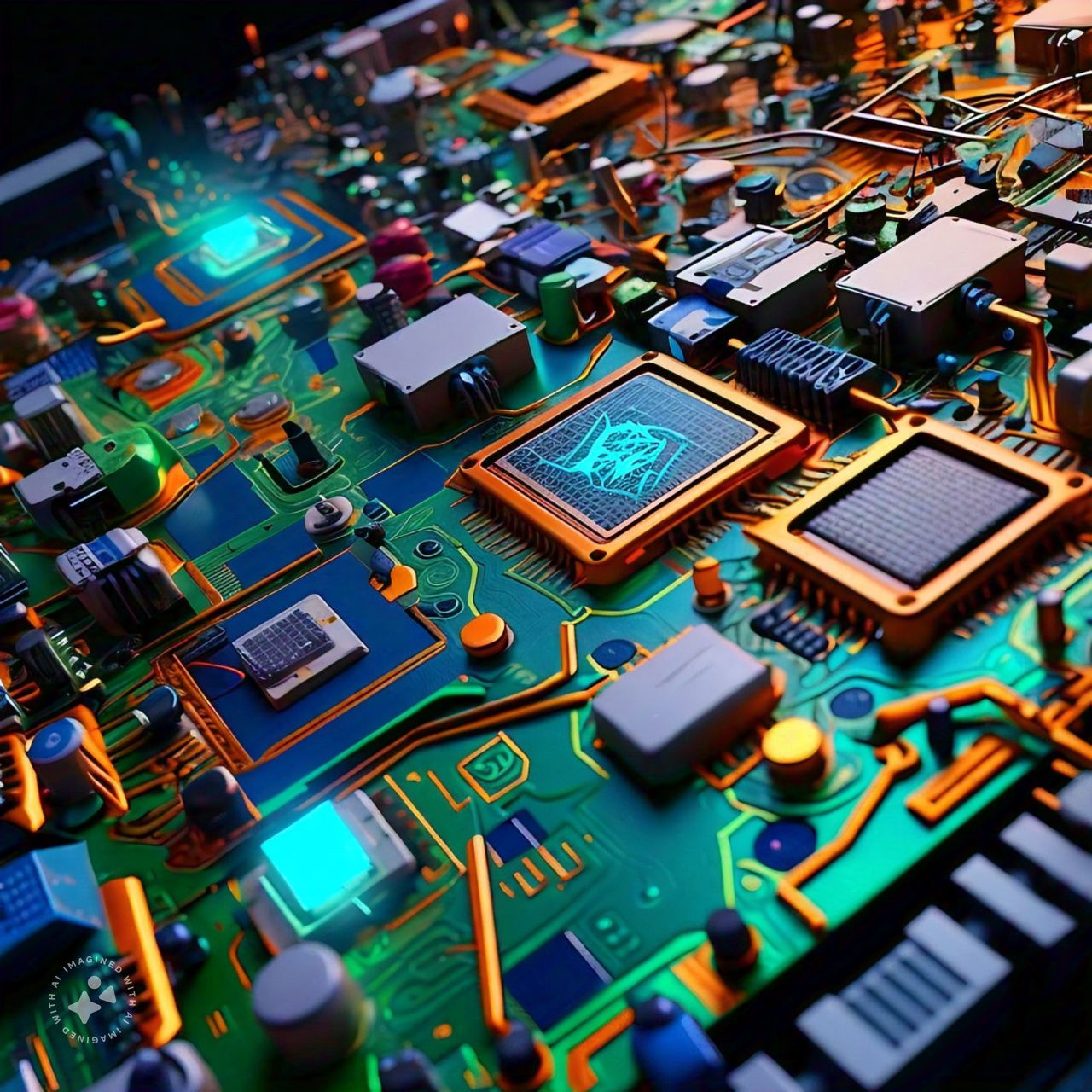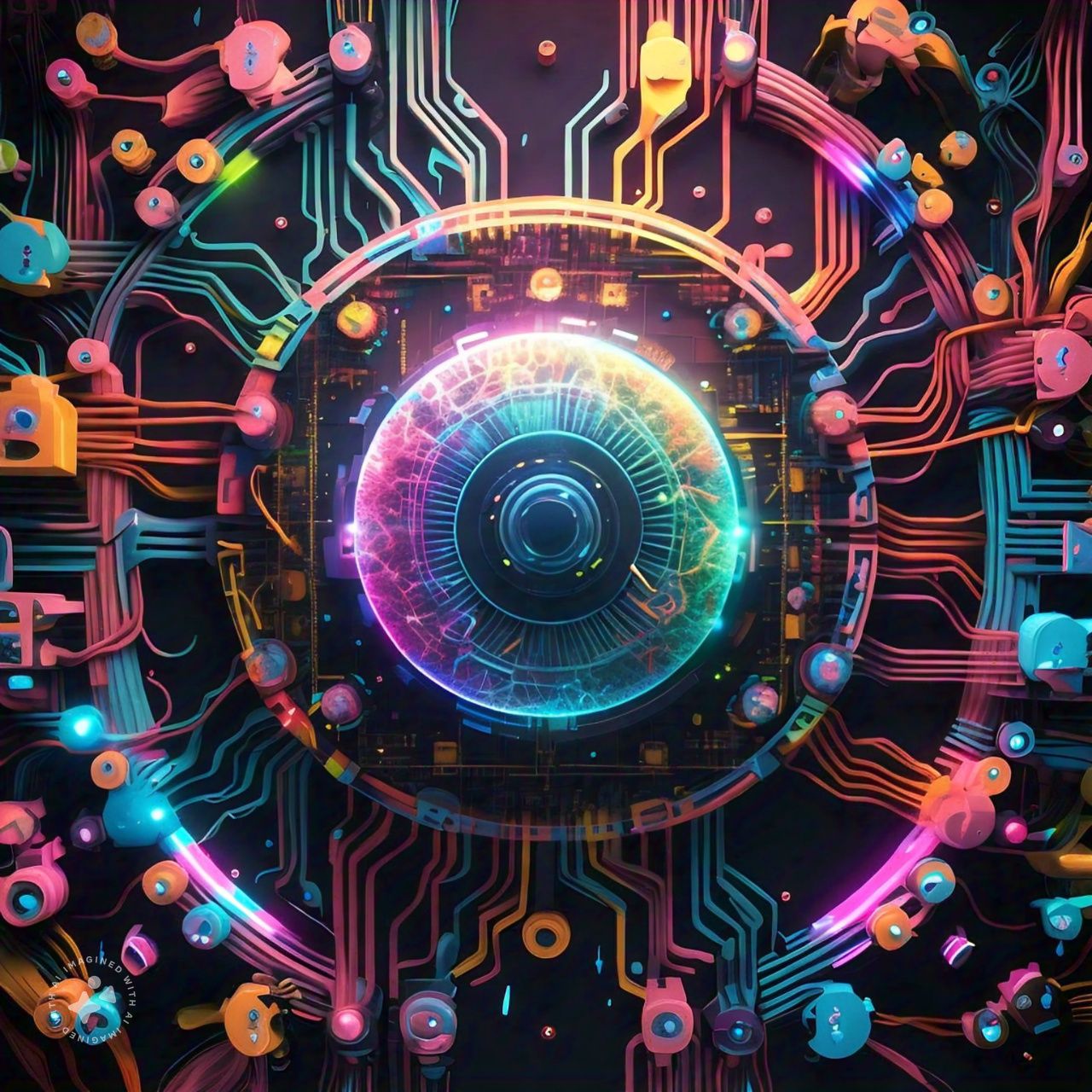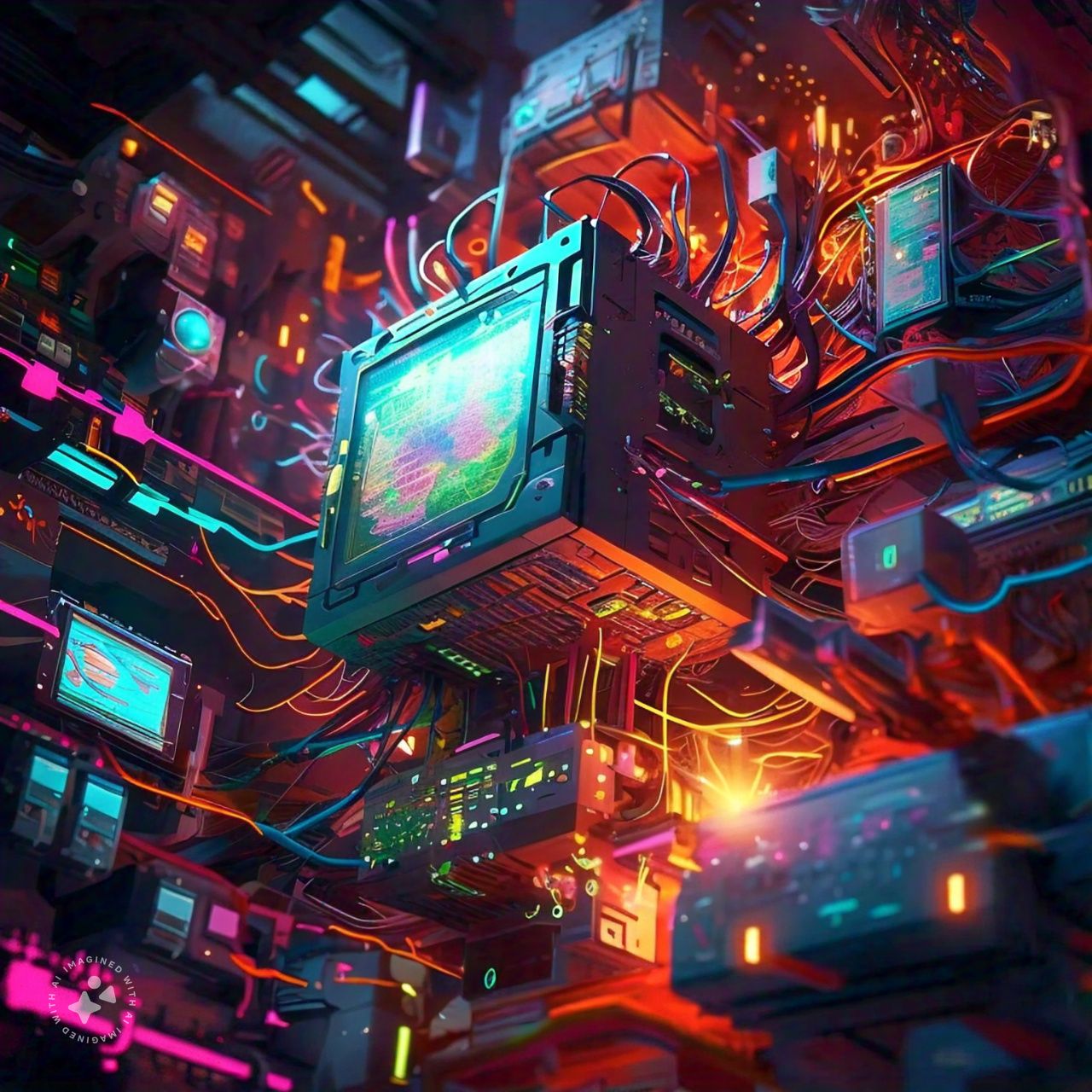The Internet has become an integral part of our daily lives, revolutionizing how we communicate, work, and access information. As technology advances at an unprecedented pace, the Internet zone—the vast expanse of digital space we navigate daily—is experiencing transformative changes. From artificial intelligence to quantum computing, these innovations are poised to reshape the future of the Internet in profound ways. This article delves into the key innovations that are shaping the future of the Internet zone and examines their potential impact on our lives.
1. Artificial Intelligence and Machine Learning
Artificial Intelligence (AI) and Machine Learning (ML) are among the most influential innovations impacting the Internet zone today. AI refers to the simulation of human intelligence processes by machines, while ML involves the development of algorithms that enable computers to learn and make decisions from data.
AI-Powered Search and Personalization
One of the most visible applications of AI on the Internet is in search engines and personalized content delivery. Advanced algorithms analyze user behavior and preferences to provide more relevant search results and content recommendations. For example, platforms like Google and YouTube use AI to deliver search results tailored to individual interests, enhancing the user experience and increasing engagement.
Chatbots and Virtual Assistants
Chatbots and virtual assistants, such as Siri, Alexa, and Google Assistant, have become commonplace, helping users with tasks ranging from setting reminders to answering complex queries. These AI-driven tools are becoming more sophisticated, capable of understanding natural language, context, and user intent, thus providing more accurate and helpful responses.
2. Quantum Computing
Quantum computing represents a paradigm shift in computational power, offering the potential to solve complex problems far beyond the reach of classical computers. Unlike traditional computers that use binary bits (0s and 1s), quantum computers use quantum bits (qubits) that can represent and process multiple states simultaneously.
Enhanced Computational Power
The implications of quantum computing for the Internet zone are vast. For instance, quantum computers could revolutionize data encryption, making it significantly more secure. Current encryption methods could become obsolete, and new quantum-resistant algorithms will need to be developed to safeguard sensitive information.
Breakthroughs in Data Processing
Quantum computing also promises breakthroughs in data processing capabilities. Large-scale data analysis, which is essential for tasks like climate modeling and financial forecasting, could be accelerated dramatically. This enhanced processing power could lead to more accurate predictions and better decision-making across various domains.
3. 5G and Beyond
The rollout of 5G technology is set to transform the Internet zone by providing faster and more reliable connectivity. 5G, the fifth generation of mobile network technology, offers significantly higher data speeds, lower latency, and greater capacity compared to its predecessors.
Improved Network Performance
With 5G, users can experience near-instantaneous data transfer, enabling seamless streaming, real-time gaming, and efficient cloud computing. This improved performance supports the growing demand for high-bandwidth applications and services, enhancing the overall Internet experience.
The Rise of the Internet of Things (IoT)
5G also plays a crucial role in the expansion of the Internet of Things (IoT). IoT refers to the network of interconnected devices that communicate and share data with each other. The enhanced connectivity provided by 5G allows for more reliable and efficient communication between IoT devices, leading to advancements in smart homes, autonomous vehicles, and industrial automation.
4. Edge Computing
Edge computing is another innovation reshaping the Internet zone. Unlike traditional cloud computing, which relies on centralized data centers, edge computing involves processing data closer to the source of data generation. This approach reduces latency and improves the speed and efficiency of data processing.
Faster Data Processing
By processing data at the edge of the network, edge computing minimizes the time required for data to travel to and from centralized data centers. This reduced latency is particularly beneficial for applications requiring real-time responses, such as augmented reality (AR), virtual reality (VR), and autonomous vehicles.
Enhanced Privacy and Security
Edge computing also offers advantages in terms of privacy and security. By keeping sensitive data closer to its source, edge computing reduces the risk of data breaches during transmission. Additionally, local data processing can enhance compliance with data protection regulations, such as the General Data Protection Regulation (GDPR) in Europe.
5. Blockchain Technology
Blockchain technology, the backbone of cryptocurrencies like Bitcoin, is finding applications beyond digital currencies. A blockchain is a decentralized and distributed ledger that records transactions across multiple computers, ensuring transparency and security.
Transparent and Secure Transactions
Blockchain technology offers a secure and transparent way to record and verify transactions. This capability is being utilized in various sectors, including supply chain management, healthcare, and voting systems. For example, blockchain can track the provenance of goods in a supply chain, ensuring authenticity and reducing fraud.
Decentralized Web (Web3)
The concept of Web3 represents the next evolution of the Internet, driven by blockchain technology. Web3 envisions a decentralized web where users have greater control over their data and digital identities. Unlike the current web (Web2), which is dominated by centralized platforms, Web3 aims to create a more open and user-centric online environment.
6. Augmented Reality (AR) and Virtual Reality (VR)
Augmented Reality (AR) and Virtual Reality (VR) technologies are creating immersive experiences that are transforming how we interact with the digital world. AR overlays digital information onto the real world, while VR creates entirely virtual environments.
Immersive Experiences
AR and VR are being used in various applications, from gaming and entertainment to education and training. For instance, AR apps can provide interactive educational content, while VR simulations can offer realistic training scenarios for professions such as medicine and aviation.
Enhanced Online Collaboration
In the realm of online collaboration, AR and VR technologies facilitate more engaging and interactive meetings and work environments. Virtual workspaces and collaborative platforms that leverage these technologies can enhance remote teamwork and creativity.
Conclusion
The future of the Internet zone is being shaped by a multitude of groundbreaking innovations, each contributing to a more connected, efficient, and immersive digital landscape. Artificial intelligence, quantum computing, 5G, edge computing, blockchain technology, and AR/VR are driving these changes, promising to enhance our online experiences and revolutionize various aspects of our lives.
As these technologies continue to evolve and intersect, they will create new opportunities and challenges. Staying informed and adaptable will be crucial as we navigate the future of the Internet and embrace the potential of these transformative innovations. The Internet zone is on the brink of a new era, and the innovations discussed here are just the beginning of a remarkable journey into the digital future.



